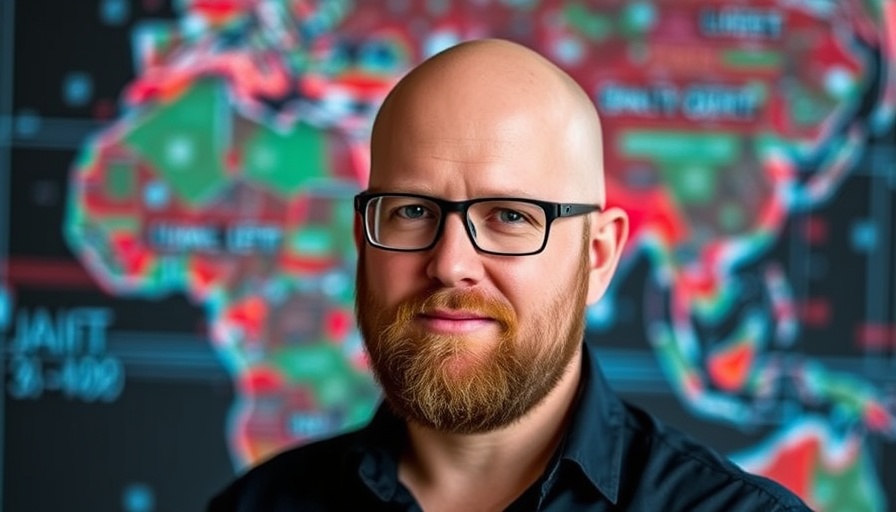
African Innovations are Set to Drive Global Change
As we navigate the complexities of the 21st century, one central theme emerges with clarity: Africa is poised to become a critical player in the global economic landscape. Werner Vogels, CTO of Amazon, emphasizes that the future is decidedly African. However, he urges that broad education in artificial intelligence (AI) is a prerequisite for enabling this leap forward.
The Necessity of AI Education Across the Continent
Vogels' call for better education in AI is more than an endorsement of technology; it's a challenge to policymakers, educators, and stakeholders across Africa to harness the transformative power of AI for economic growth. Improved education systems can empower the next generation to innovate and solve local and global challenges. For investors looking at Africa, this creates an unprecedented opportunity to tap into a burgeoning talent pool prepared to take on the global stage.
Connecting Africa with Global Markets
With an eye on global trade dynamics, the concept of an educated workforce skilled in AI can position Africa to redefine its relationship with international markets. The existing potential for African economies, particularly through improved Africa-China relations and Africa-EU trade policies, underscores the continent's capability to shift the narrative surrounding its economic contributions. Should this educational initiative be prioritized, it would undoubtedly enhance Africa's bargaining power in global economic discussions.
Future Predictions: The Ripple Effects on Governance & Policy
Vogels’ perspective is a harbinger of the profound shifts that AI education can catalyze across African politics and governance. A knowledgeable citizenry could influence democratic processes profoundly, nurture political accountability, and ensure that Africa's rising influence in global geopolitics is positive. As the African Union and individual states create frameworks to support these educational transitions, the potential for sustainable governance and socio-economic progress becomes attainable.
Actionable Insights: What Can Be Done?
By prioritizing AI education and integrating technology into traditional curricular frameworks, African nations can enhance their readiness for future opportunities. Business leaders and policymakers must work together to address these educational gaps, ensuring accelerated development paths. Support for initiatives that promote digital literacy and AI skills will be crucial in providing the resources necessary to cultivate this future.
The path to a sustainable and innovative Africa hinges on education, collaboration, and a robust approach to integrating technology into society. For those investing in Africa or shaping its policies, understanding these dynamics is essential to tap into the potential of tomorrow.
 Add Row
Add Row  Add
Add 


Write A Comment